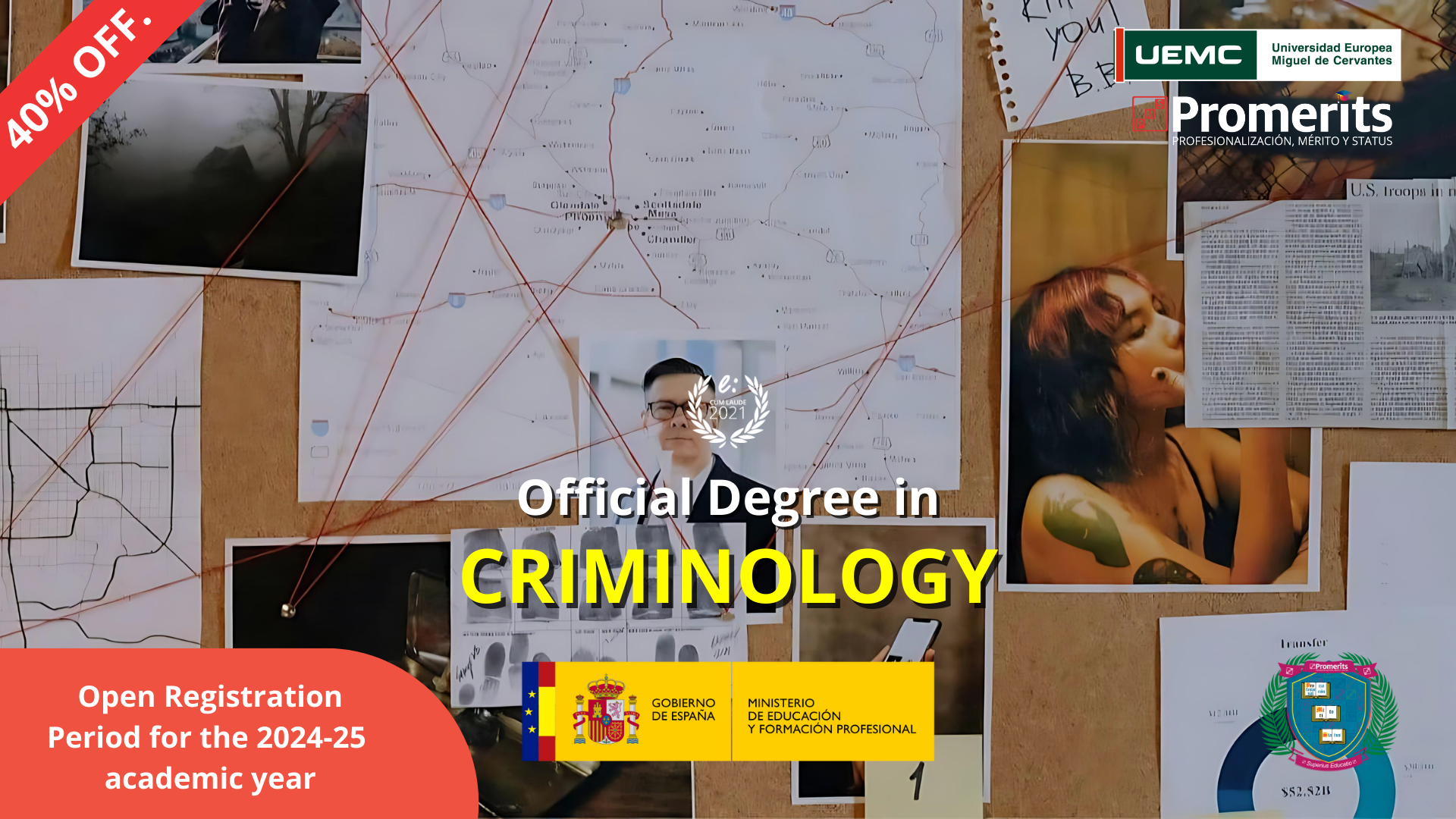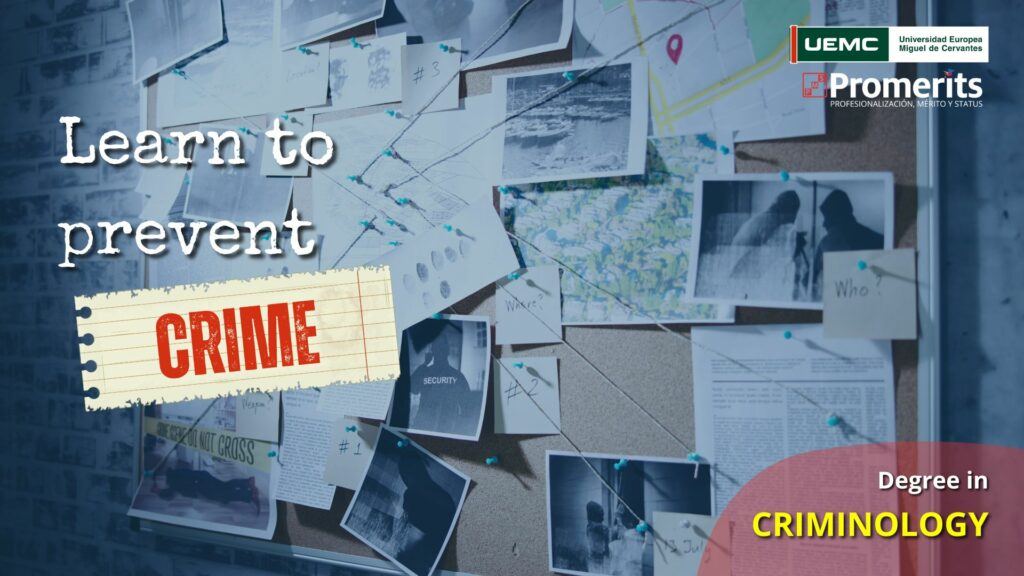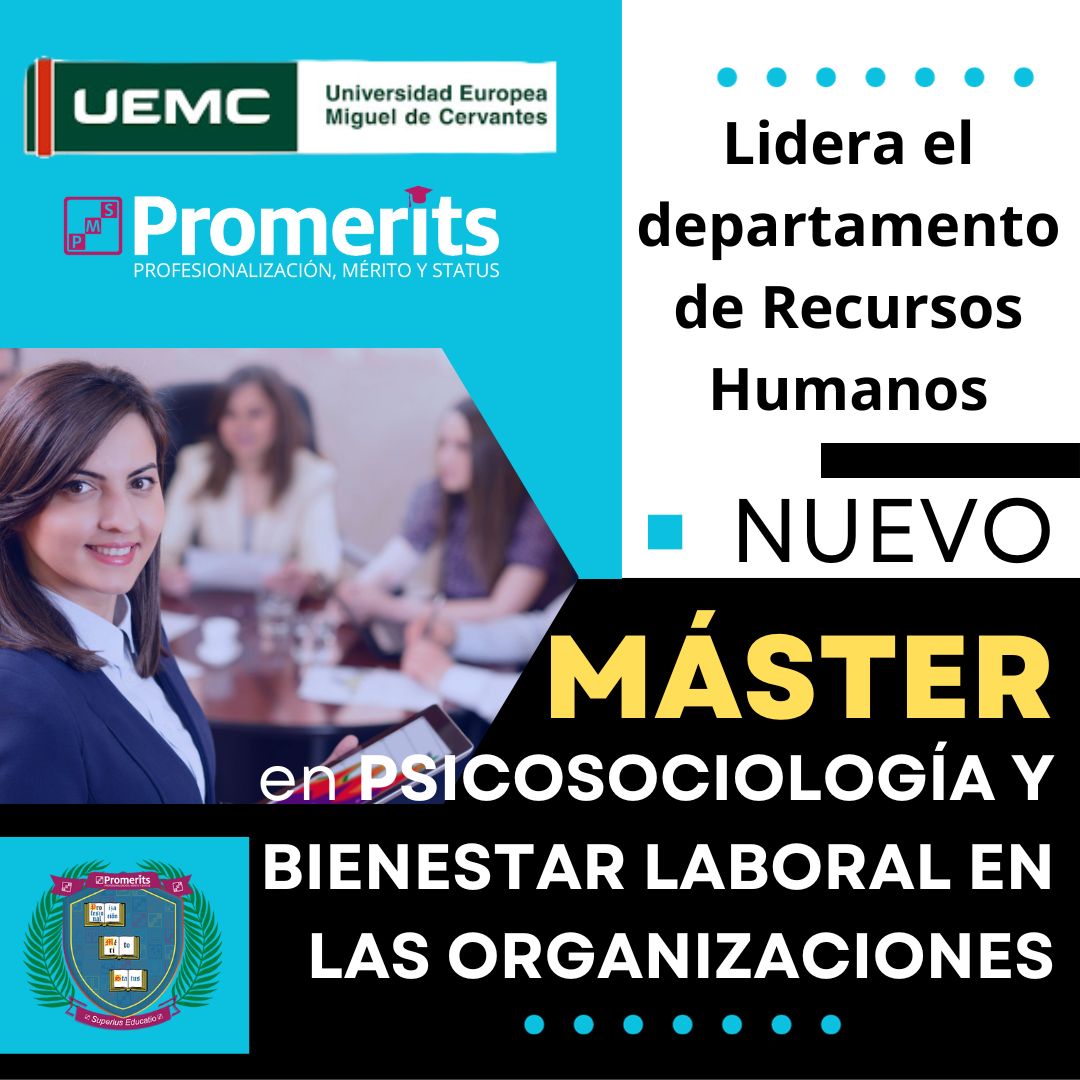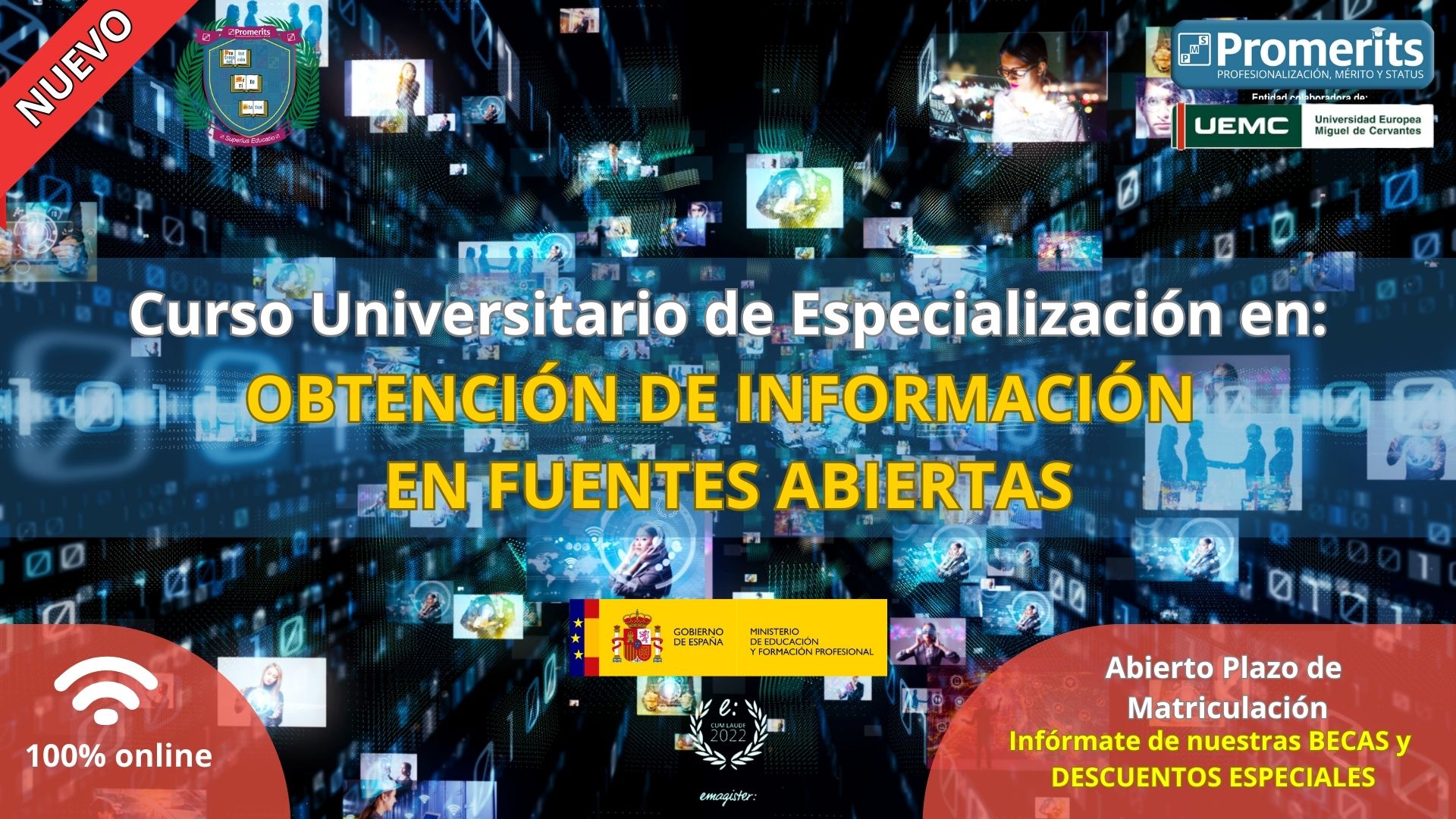

Only available in Spanish
The most professionalized and modern training to fight crime in the 21st century.
The Criminologist can perform his profession in different fields and from different scientific perspectives, since he will deal with the study of criminal behavior and the social reaction to such behavior. The complexity of criminology has been intensifying in the criminal scenario. Currently, in addition to the most common crimes, cybercrime, terrorism and organized gangs have led research trends to evolve towards a thorough training in constant evolution, which deepens the prevention of crime.
Objectives of this Degree

Theoretical and Practical Knowledge
Acquire knowledge of humanistic, legal, technical-police and criminological sciences, as well as their application in legal disputes through the exercise of theoretical and practical knowledge.

Expert Activities
To train criminologists capable of performing expert and consulting activities in the areas of prevention, identification and treatment of criminological behaviors in order to analyze prevention schemes.

Scientific Methodologies
To achieve the critical capacity to analyze the adequate treatment of penalties and social reinsertion, as well as to master the scientific methodological tools necessary for the analysis of such treatments.

Criminological Studies
To deepen in the theoretical and practical concepts of Criminology, knowing the different tendencies of explanation of the criminal phenomenon and techniques of social control to elaborate criminological studies.

Interdisciplinary Training
To provide interdisciplinary scientific training in the different aspects related to the criminal act or deviant behavior.
Methodology applied to this Degree

Online Multi-device

Videoconference Classes

Flexibility

240 ECTS

Evaluation and Follow-up through Videoconferencing
Modules
This degree consists of the following modules:
| Subject | Type | ECTS | Period |
|---|---|---|---|
| Derecho Civil, Fuentes del Derecho | BA | 6 | 1º T |
| Antropología Social y Forense | BA | 6 | 1º T |
| Derecho Constitucional y Organización del Estado | BA | 6 | 1º T |
| Psicología General | BA | 6 | 1º T |
| Criminología | OB | 12 | Anual |
| Sociología de la Desviación | BA | 6 | 2º T |
| Deontología | BA | 6 | 2º T |
| Psicología Criminal | BA | 6 | 2º T |
| Política Criminal Y Derechos Humanos | OB | 6 | 2º T |
| Subject | Type | ECTS | Period |
|---|---|---|---|
| Informática Aplicada | BA | 6 | 1º T |
| Victimología | OB | 6 | 1º T |
| Estadística Aplicada | BA | 12 | Anual |
| Derecho Penal | OB | 12 | Anual |
| Medicina Legal y Forense | OB | 12 | Anual |
| Psiquiatría Forense | OB | 6 | 2º T |
| Derecho Procesal Penal | OB | 6 | 2º T |
| Subject | Type | ECTS | Period |
|---|---|---|---|
| Mediación y resolución de conflictos | OB | 6 | 1º T |
| Biología | OP | 6 | 1º T |
| Documentoscopia y Escritura manuscrita | OP | 6 | 1º T |
| Igualdad y Violencia de Género | OP | 6 | 1º T |
| Psicología de las Adicciones | OP | 6 | 1º T |
| Identificación Personal Y Criminalística | OB | 12 | Anual |
| Derecho Penitenciario y de Reforma | OB | 12 | Anual |
| Técnicas De Comunicación Eficaz | OB | 6 | 2º T |
| Derecho Procesal Penal | OB | 6 | 2º T |
| Legislación Penal de Menores | OB | 6 | 2º T |
| Subject | Type | ECTS | Period |
|---|---|---|---|
| Conflictos Sociales y su Investigación Práctica | OB | 6 | 1º T |
| Seguridad Pública y Espacio Europeo | OB | 6 | 1º T |
| Seguridad Privada | OB | 6 | 1º T |
| La Criminalidad del Siglo XXI | OB | 6 | 1º T |
| Fundamentos Biológicos de la Conducta | OB | 6 | 1º T |
| Criminalística Avanzada | OP | 6 | 2º T |
| Psicología Jurídica | OP | 6 | 2º T |
| Trabajo Social, Forense y Penitenciario | OP | 6 | 2º T |
| Investigación Criminal: Perfil E Informe Criminológico | OP | 6 | 2º T |
| Prácticas Externas: Generales u orientadas a Mención | OB | 6 | 2º T |
| Prácticas Externas (Mención en Peritaje) | OB | 6 | 2º T |
| Prácticas Externas (Mención en Psicología Criminal) | OB | 6 | 2º T |
| Trabajo Fin De Grado | OB | 12 | Anual |
| Elective Subjects | ECTS | Period |
|---|---|---|
| Investigación Criminal: Perfil e Informe Criminológico | 6 | 2º T |
| Documentoscopia y Escritura Manuscrita | 6 | 2º T |
| Biología | 6 | 1º T |
| Criminalística Avanzada e Informes Periciales | 6 | 1º T |
| Psicología Jurídica | 6 | 1º T |
| Psicología de las Adicciones | 6 | 2º T |
| Trabajo Social Forense y Penitenciario | 6 | 1º T |
| Igualdad y Violencia de Género | 6 | 1º T |





